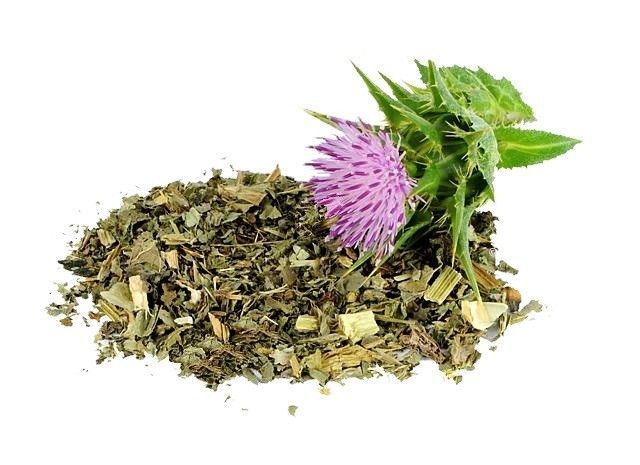Packaging: 60g (or 500g & 1kg), containing the aerial parts of the plant.
(Price includes VAT)
Other Names: Kufa gatho, Agavato, and Silybo
Properties:
● Protects the liver from toxins.
● Renews liver cells.
● Aids in kidney and gallstones.
● Regulates the central nervous system function.
● Helps with epilepsy.
● Addresses insomnia.
● Increases blood pressure.
● Aids in cough and bronchial asthma.
● Helps with hemorrhoids (for washes).
● Acts as an antidepressant.
● Assists in cholesterol management.
For issues like liver cirrhosis, cholesterol, and fatty liver, combine milk thistle with artichoke, wild rose, and dandelion. Combining tinctures of artichoke, milk thistle, dandelion, and wild rose results in significantly more effective health outcomes for the mentioned diseases.
If you enjoy our milk thistle, check out other products we make with it, such as milk thistle oil, infused drinks with milk thistle, and tincture blends with milk thistle.
Origin: Greece, Imathia region (collected from the Pieria Mountains).
Storage: Store in a cool (5°C – 15°C) and dark place.
Preparation:
Add 1 tablespoon of ground milk thistle (or a pinch of unground) to 1 glass of boiling water in a covered container, let steep for 10-15 minutes, then strain before use. For washes, prepare a more concentrated tea with 50-60g per liter of water.
Historical Information:
Milk thistle is known as “the Virgin Mary's silybo” due to a legend: During the flight to Egypt, the Virgin Mary sought a quiet place to nurse. The milk thistle noticed her and formed a protective roof with its leaves over the mother and child. A few drops of milk fell on its leaves, and from then on, the silybo plant has white spots and stripes. Its botanical name, Silybum, comes from the Greek word “silybo” (fluff). In some herbals, it is still referred to as “Carduus marianus.” The plant has been cultivated for therapeutic purposes since the Middle Ages. Paracelsus recommended it "against internal piercing." Its current use for treating liver diseases is attributed to the physician Johann Gottfried Rademacher (1772-1850).
Scientifically Proven Applications:
The Commission E recommends the use of milk thistle seeds for addressing toxic liver damage and as supportive therapy for chronic inflammatory liver diseases and liver cirrhosis. Silymarin has shown protective effects against various harmful liver influences. It strengthens the cell membrane, making it more difficult for toxins to penetrate the interior of the cell and additionally stimulates the regeneration capacity of liver cells. Silibinin is particularly effective against the toxic substances of the death cap mushroom. In animal experiments, silymarin extended or even halted symptoms of poisoning and exhibited action against ulcer formation.





